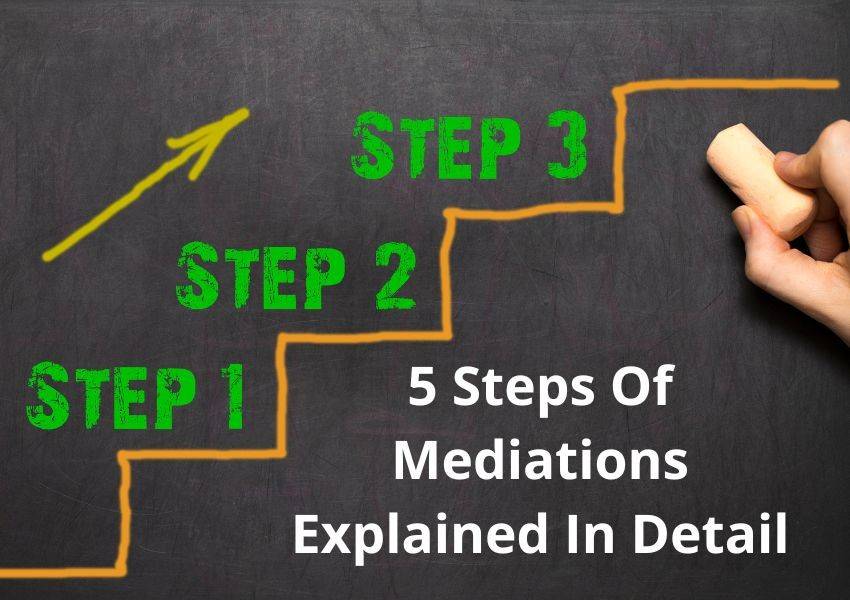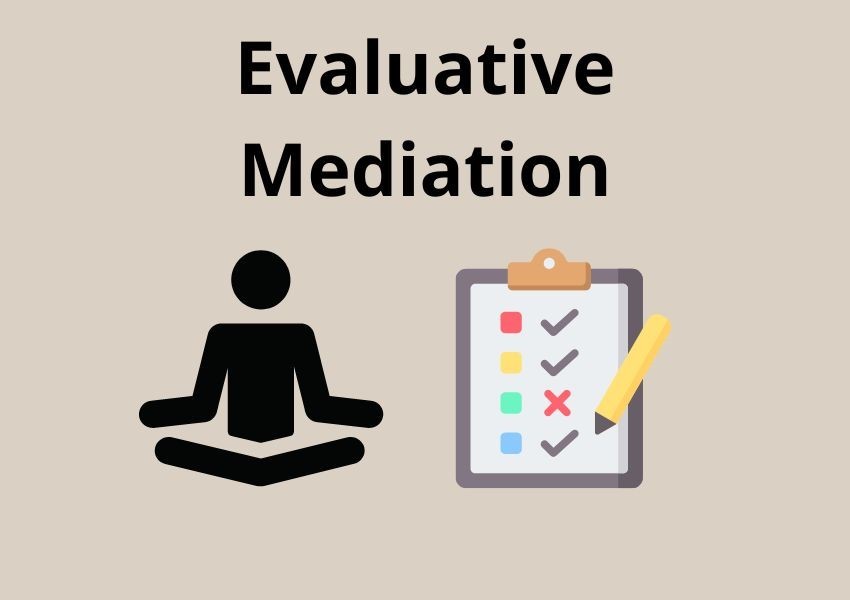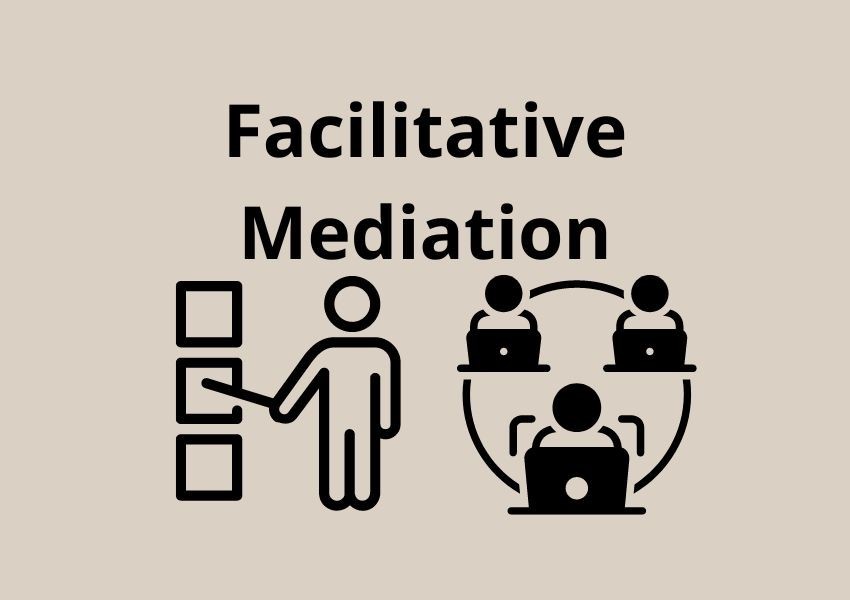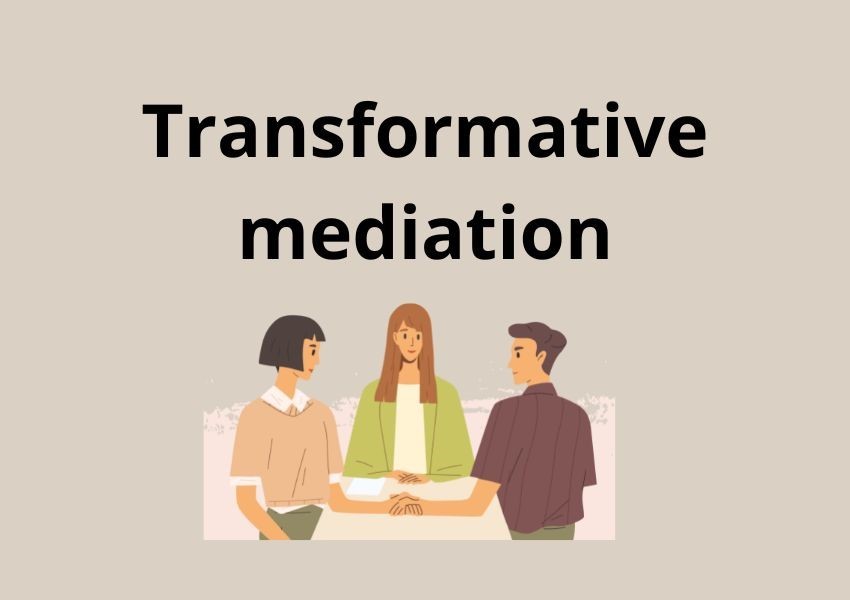Did you know that the percentage of people who wants mediation in the USA every year is around 70%? This number is quite high, and it shows that many people feel the need for an impartial third party when it comes to resolving disputes.
Different people require different types of mediation. However, the three most common types of mediation are there, and in this blog post, we will discuss them in detail.
So, let’s start the article without wasting any time.
Why is Mediation Necessary? Purpose of Mediation
The main purpose of mediation is to help people resolve their differences amicably. It also requires both parties to communicate with each other openly and honestly. Apart from this, mediation also teaches people how to compromise and negotiate.
Let’s take an example,
Suppose you are a company manager, and one of your employees has filed a sexual harassment complaint against another employee. In such a scenario, you can’t just ignore the issue and hope it will disappear. You have to take some action.
One option is to investigate and then take disciplinary action against the accused employee. But what if the accused employee denies the allegations? And even if he is found guilty, will that be enough to resolve the issue?
Probably not! The victim employee may feel unsafe in the workplace and not trust her co-workers anymore. In such a scenario, mediation can be really helpful.
Mediation can help the victim and the accused employee to communicate with each other directly. It will also help them understand each other’s perspectives and find an acceptable resolution.
Hence, we can say that mediation is a process that can help people resolve their differences peacefully and amicably.

5 Steps Of Mediations Explained In Detail
You might be wondering how the mediation process works. Well, it generally involves five steps, which are as follows:
1. Intake and Screening: This is the first step of mediation, and in this step, a mediator meets with both parties to get an overview of the situation. The mediator also tries to determine if mediation is the right option for the parties involved.
2. Opening Statement: In this step, the mediator explains the mediation process to both parties and sets some ground rules. He also reminds both parties of their goals for mediation.
3. Information Gathering: In this step, the mediator tries to gather information from both parties about the conflict. He also tries to identify the underlying issues that are causing the conflict.
4. Brainstorming and Solution Finding: In this step, the mediator helps both parties to brainstorm possible solutions to the problem. He also assists them in finding an agreement that is acceptable to both parties.
5. Closing: In this step, the mediator summarizes the agreement reached by both parties. He also discusses the next steps that need to be taken by both parties.
With these five steps, mediation generally comes to an end. However, the process may vary slightly depending on the specific situation.

Types of Mediation – Styles of Mediation Needed Today
As we discussed earlier, different people require different types of mediation. However, the three most common types of mediation are evaluative, facilitative, and transformational. Let’s discuss each of them in detail.
Evaluative mediation
Evaluative mediation is a type in which the mediator evaluates both parties and their positions. He then provides his own opinion about who is right and who is wrong. This type of mediation is generally used in cases where the parties involved are unwilling to negotiate.
Evaluative mediators will help you with your common problems and are also not very expensive.

Pros
- Evaluative mediation is generally faster than other types of mediation.
- It is also less expensive than other types of mediation.
Cons
- The parties involved may not be satisfied with the mediator’s opinion.
- The mediator may not be neutral and impartial.
Facilitative mediation
A facilitative mediator is another person with a better understanding than an evaluative mediator and transformative mediators. Facilitative mediators will focus on building relations with their clients by allowing them to communicate more.
Hence, facilitative mediation is a type in which the mediator helps both parties to communicate with each other. He also assists them in finding a solution that is acceptable to both parties. This type of mediation is generally used in cases where the parties involved are willing to negotiate.

Pros
- The mediator is neutral and impartial.
- Both parties are generally satisfied with the outcome.
Cons
- Facilitative mediation may take longer than other types of mediation.
Transformative mediation
Transformative mediation is a type in which the mediator helps both parties to understand each other’s perspectives. He also helps them find a solution acceptable to both parties. This type of mediation is generally used in cases where the parties involved want to improve their relationship.

Pros
- The mediator is neutral and impartial.
- Both parties are generally satisfied with the outcome.
- Transformative mediation can help improve relationships.
Cons
- Transformative mediation may take longer than other types of mediation.
Which type of mediation is right for you and your situation?
If you want to find a quick resolution to your problem, evaluative mediation may be the right option for you. However, facilitative and transformative mediation may be better if you want to improve your relationship with the other party. A transformative mediator is the best person to go for in this situation to resolve conflict by mediation training.
It is important to note that each type of mediation has advantages and disadvantages. You should choose the type of mediation right for you and your specific situation.
The Best Service For Your Mediations: Lawsuit.com
Lawsuit.com is the best directory to find what you need if you’re in dispute and looking for mediation services. You can search for mediators by location and practice area and read reviews from other users to find the right fit for your case. Once you’ve found a few interested mediators, you can contact them directly through the site to get started resolving your dispute quickly and easily. With Lawsuit.com, finding mediation services has never been easier.

Frequently Asked Questions (FAQs)
What is the most common type of mediation?
The most common type of mediation is facilitative mediation. But the best type of mediation for you will depend on your situation. Like, the transformative approach is great for people with trust issues.
What is the difference between mediation and arbitration?
Mediation is a process in which a mediator helps two parties to communicate with each other and find a solution that is acceptable to both parties. Arbitration is when an arbitrator hears both sides of a dispute and makes a decision binding on both parties.
What are the six techniques for mediation?
There are six common techniques for mediation: evaluation, facilitation, transformative, arbitration, negotiation, and settlement planning.
What is an example of mediation in the workplace?
An example of mediation in the workplace is when an employee has a dispute with their employer. The mediator will help the two parties communicate with each other and find a resolution that is acceptable to both parties.
What is the advantage of mediation over a court hearing?
The advantage of mediation is that it is often quicker and cheaper than a court hearing. Mediation also allows the parties more control over their dispute’s outcome.
What are the disadvantages of mediation?
The disadvantages of mediation are that it may take longer than other types of dispute resolution, and both parties must be willing to negotiate.
The Bottom Line
Mediation is a process in which a mediator helps two parties to communicate with each other and find a solution that is acceptable to both parties. Mediation has many advantages, including being faster and cheaper than a court hearing. But it also has some disadvantages, such as taking longer than other types of dispute resolution. You should choose the type of mediation right for you and your specific situation.
You will get the best facilitative and evaluative legal expertise service for your ongoing relationship here from Lawsuit.com, which is great. You will never regret using their services!




